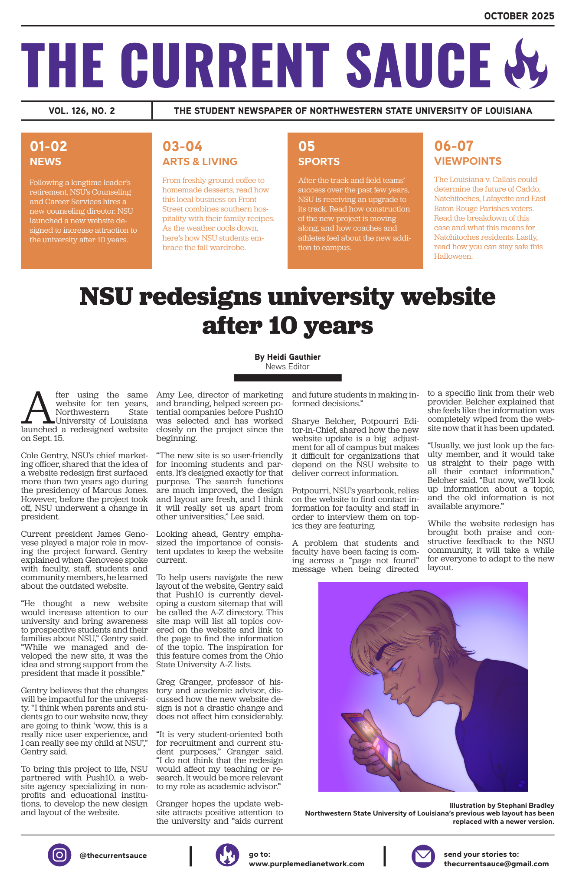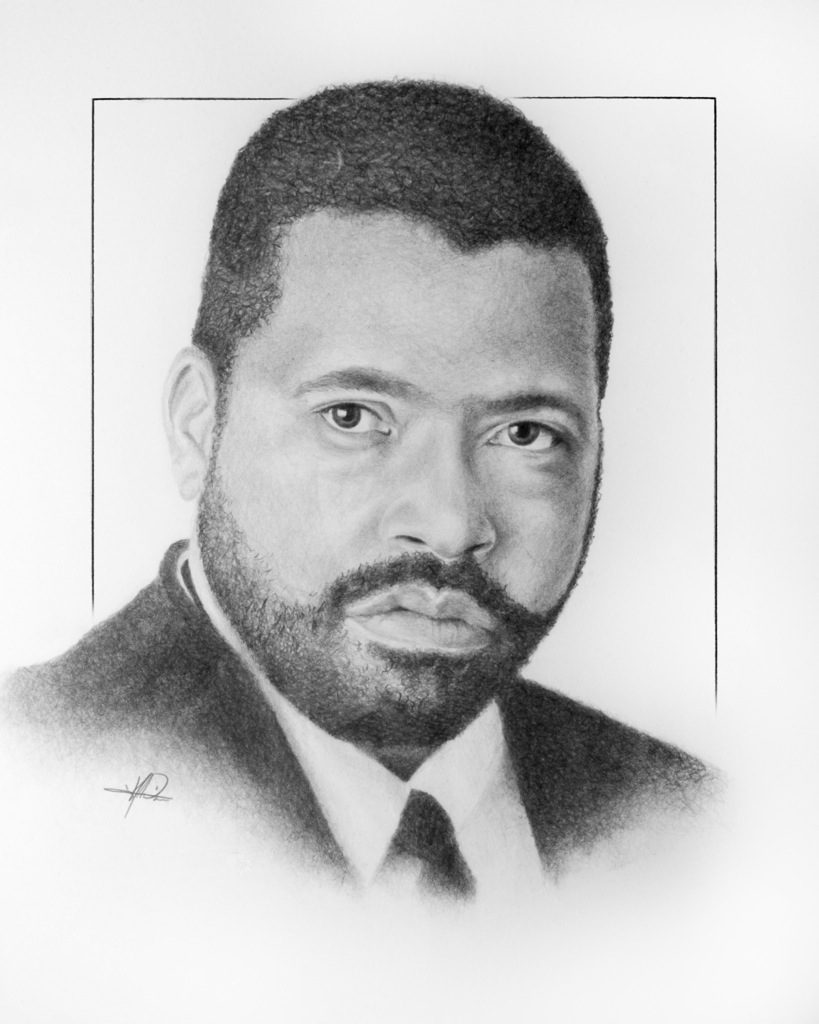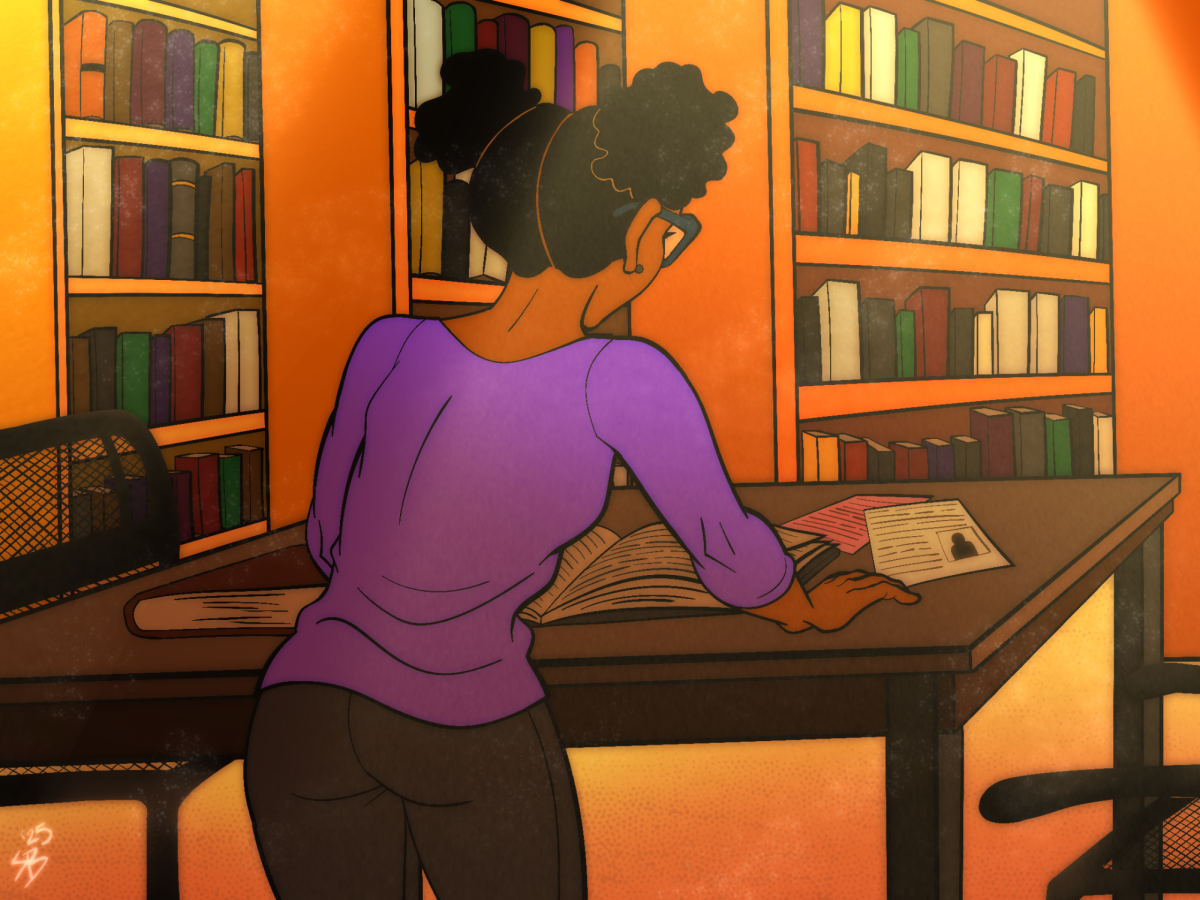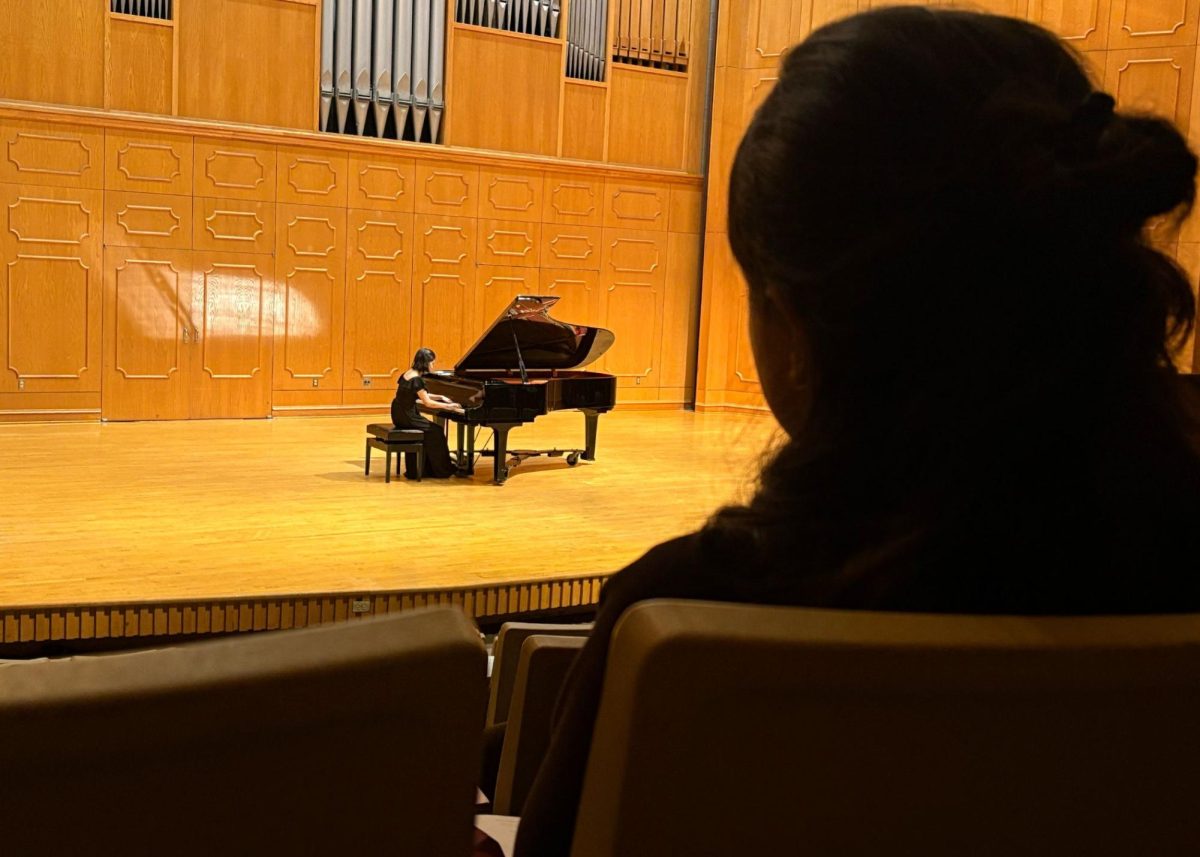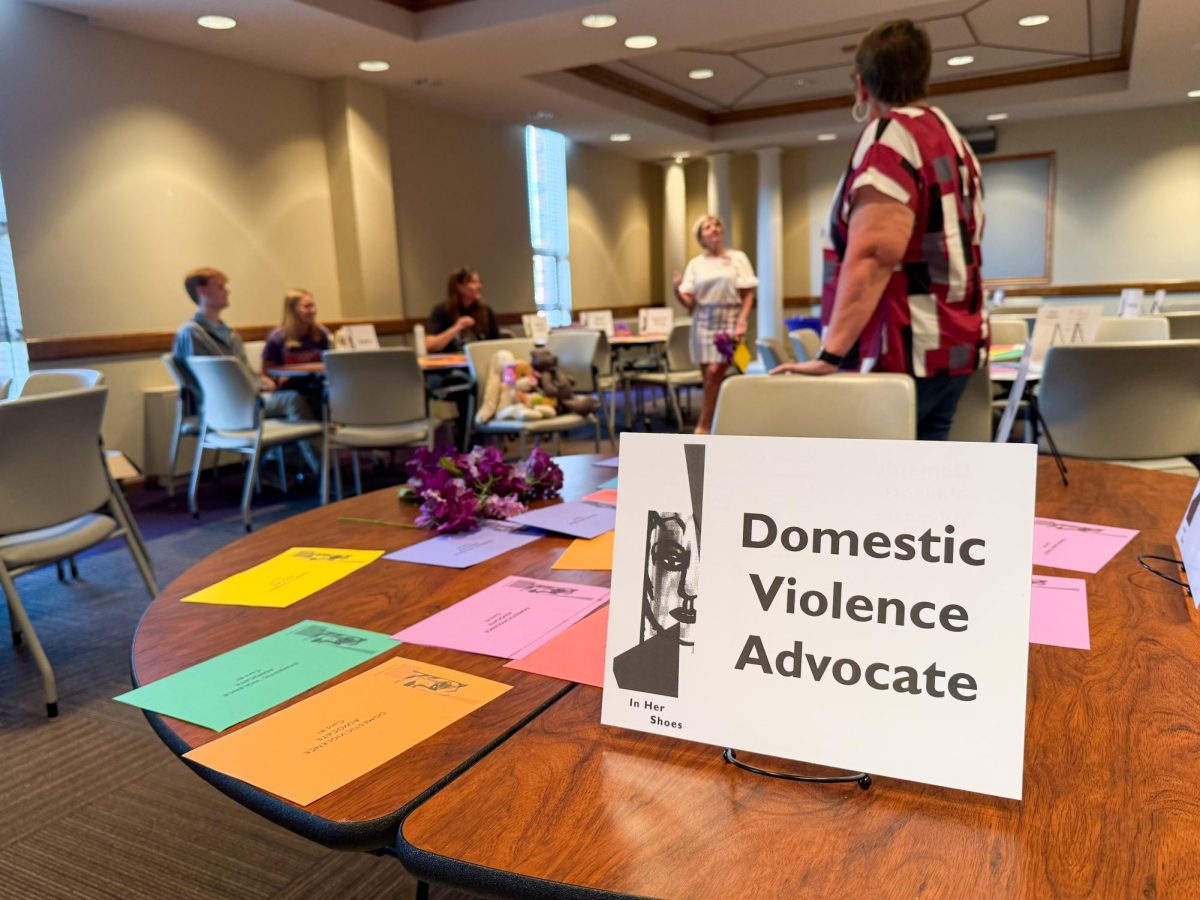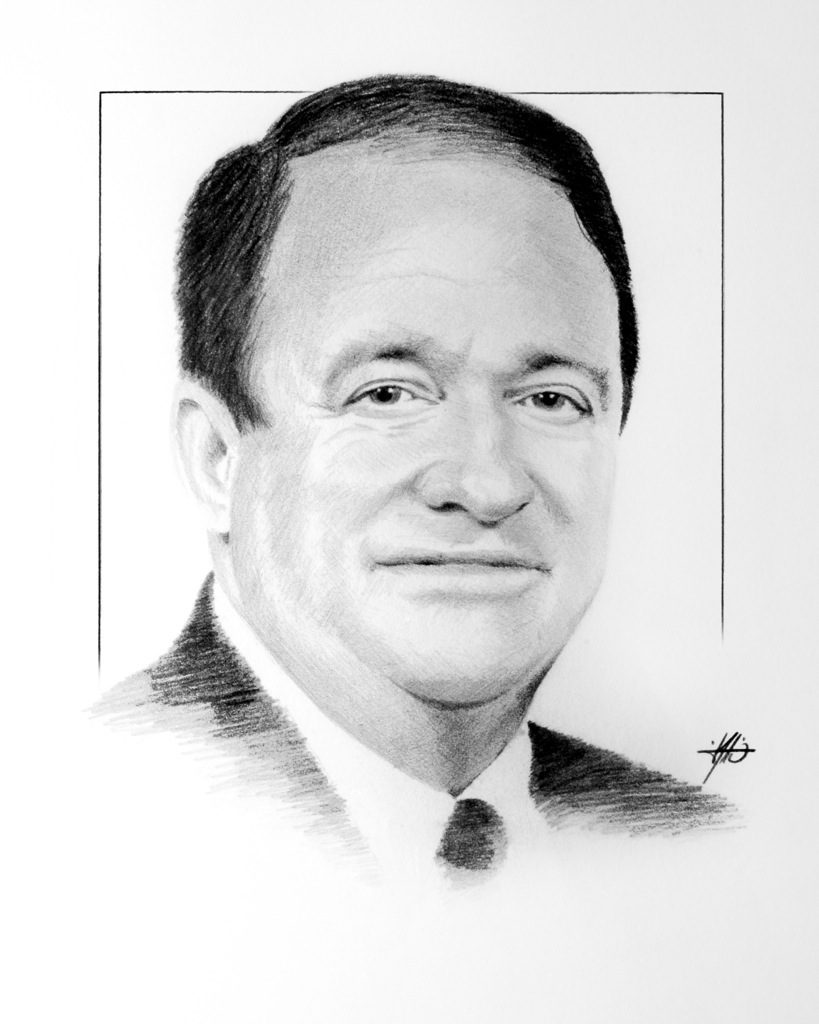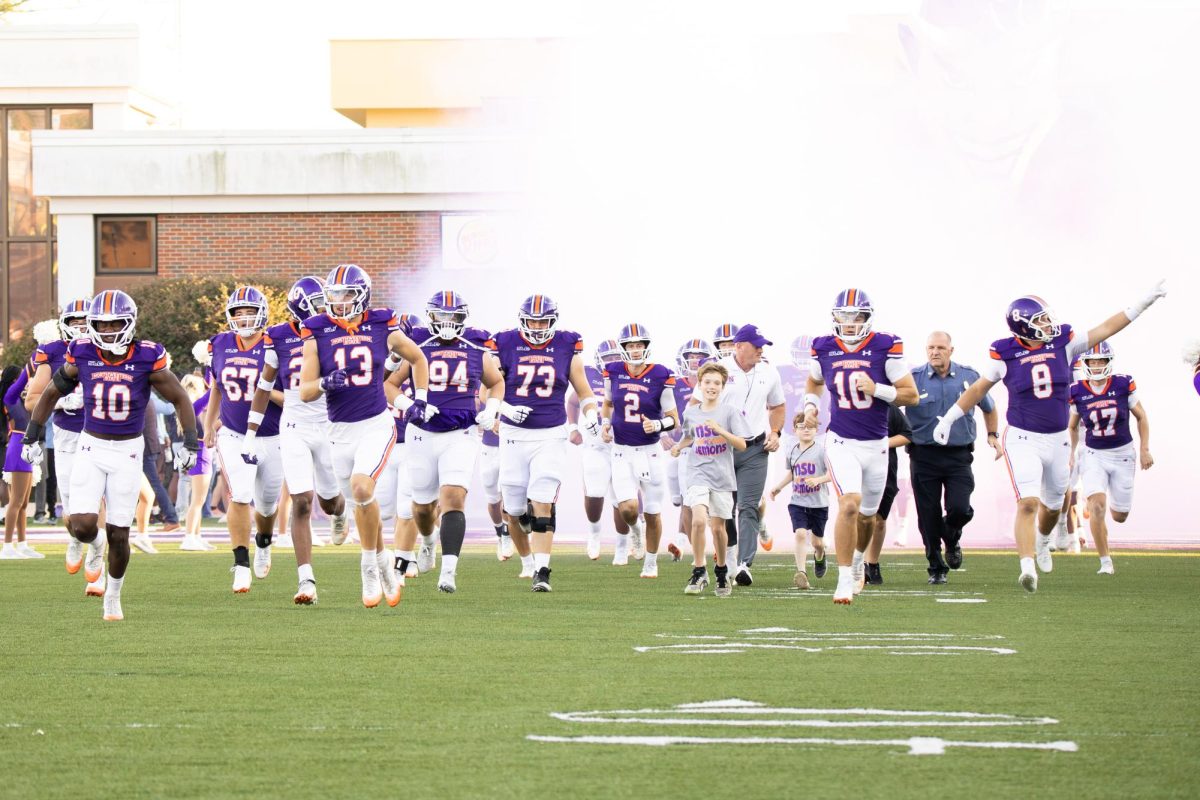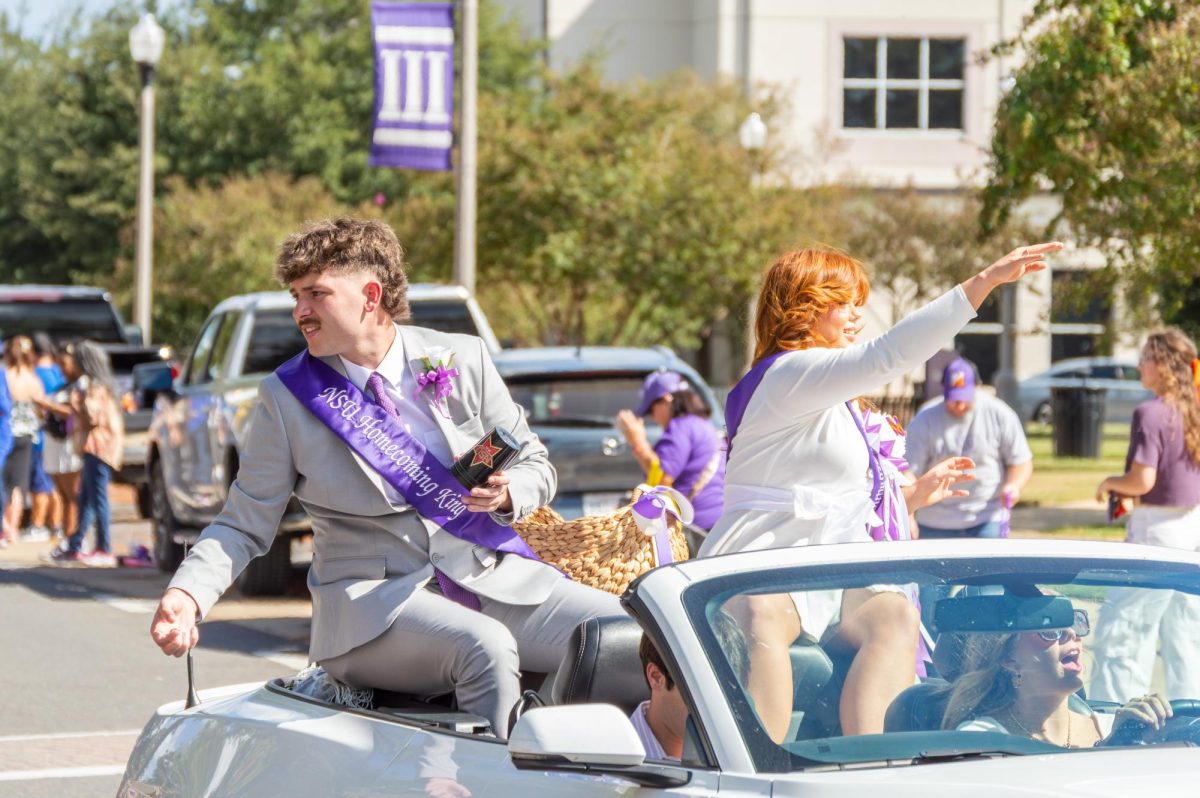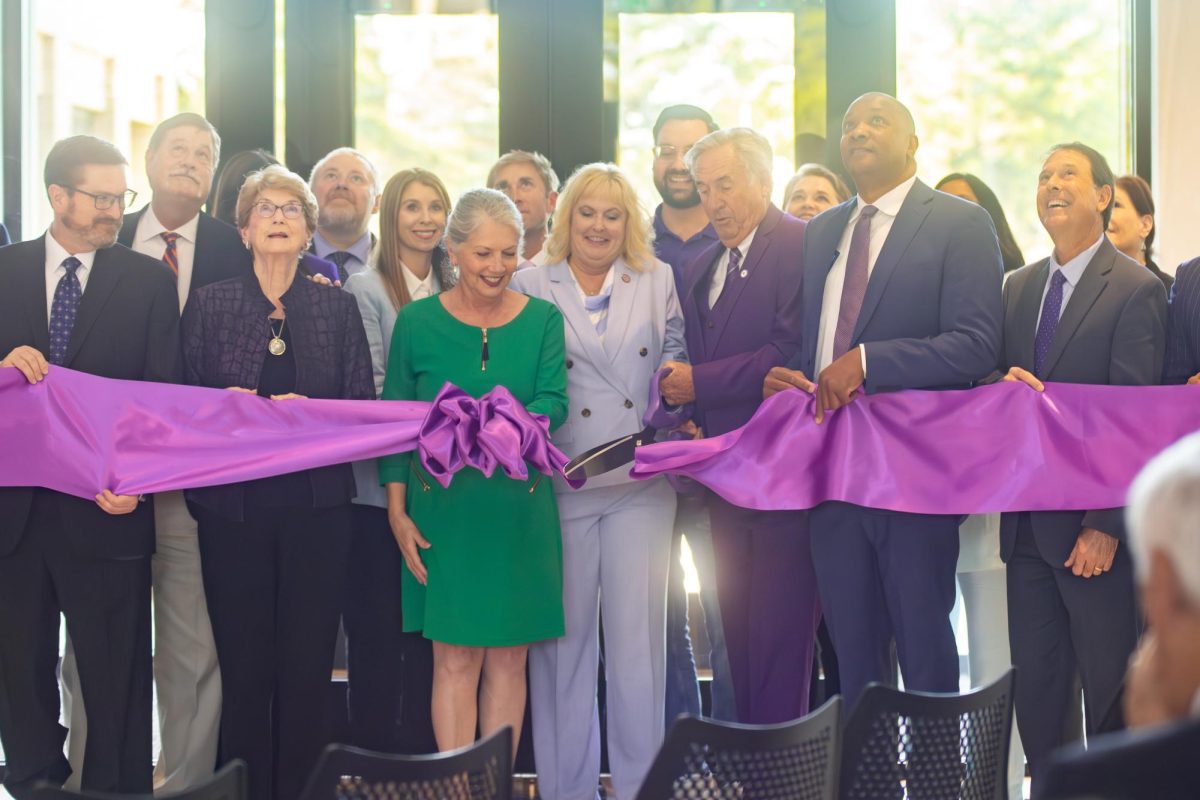Early beginnings
His story began in the small town of Alexandria, Louisiana. Gary Fields was born to a single, teenage mother who later married an enlisted man in the Air Force. His life changed when he traveled the world and had a different life than he ever could’ve imagined. While abroad, Fields kept the goal to attend college with him no matter where he went.
After his dad retired from the Air Force and his family returned back to his hometown, the college search for Fields began.
Living abroad changed their lives; Fields and his family got to see and interact with many different cultures and people. When they returned to Louisiana, his dad retired from the airforce and the college search started for Fields.
A new beginning
His college journey began at Southern University and A&M College where he received an engineering scholarship, but he quickly realized this was not the path for him and returned to Alexandria.
He attended Louisiana State University of Alexandria and transferred to Northwestern State University of Louisiana two years later. As a student, Fields was active and joined as many organizations as he could including Blue Key Honor Society, Student Union Governing Board — today known as the Student Government Association — and was a member of the Theta Chi Chapter of Alpha Phi Alpha Fraternity, Inc.
“You could participate in so many things because the school was small enough to where you could run for office and people would actually know who you were. Then the time when I was there, there weren’t that many Black students, so we all knew each other pretty well and many of them were in various fraternities and sororities. We all just kind of got together and combined our strength,” Fields said.
He graduated in May 1982 with a bachelor’s degree in journalism. He decided to extend his visit in Natchitoches and stayed two more years at NSU to earn a master’s degree in English.
Journalism world
Field’s career began in Natchitoches as a graduate student when he got a full-time job at the Natchitoches Times as a sports reporter.
He confesses that he was a beginner and had no idea what he was doing but he was able to attend sports events which was something he enjoyed along with writing.
While working as a sports reporter he met influential people and was involved in town.
“It was a great way to start. It also allowed me to make my mistakes before I started moving into the more, I don’t want to say more serious aspects of journalism, but the somewhat harsher realities of journalism,” Fields said. “So I worked in Natchitoches I think for about four years and then I went in and worked for the Shreveport Times.”
With his new position at the Shreveport Times, he led coverage in six parishes. He reported on various issues within the school board, military news, city councils and the criminal justice system. He also started to report on bigger issues such as drugs and gang wars.
Due to his coverage of these rising issues, Fields was then offered the opportunity to move to Washington D.C. with a program that allowed him to stay in the metropolitan area for four months and improve his journalistic abilities.
At the end of the program, he decided to stay in Washington D.C. to work for USA Today. Fields eventually moved to the Washington Times and worked as a police reporter but then went back to USA Today for another 10 years before joining The Wall Street Journal in 2000.
“I’m kind of an accidental journalist; what I could always do right was write and look — I’ve never applied (for a job) until I got to AP. I’d never had to apply for a journalism job. I always just kind of got recruited. The jobs kept finding me instead of me finding jobs,” Fields said.
Currently, Fields works as an award-winning journalist for the Associated Press as a democratic reporter. Fields has worked at The Associated Press for the past five years.
Awards
After hard work and many stories later, Fields’ work was recognized. He has covered events such as 9/11 earning The Wall Street Journal a Pulitzer Prize in 2002 for Breaking News coverage.
Among his many recognitions he was named a Louisiana Legend by the Louisiana Public Broadcasting Association in 2023. He is also a past winner of the National Association of Black Journalists Journalist of the Year in 1997.
He was inducted into NSU’s Long Purple Line Alumni Hall of Distinction in 2003.
Truth
Although getting physical rewards for his hard work is gratifying, Fields confesses that his actual reward is helping others.
“I wanted to actually be the reporter who walked up to talk to people that everybody else walked past and they ignored,” Fields said. “If you asked me, ‘how do you define your career?’ I would say I’m the guy who sees people nobody else sees.”
He confesses that he uses his status as a journalist to help those in need, especially those in the Black community.
“Representing the Black community, especially as a journalist, first off, we kind of come with a little natural understanding of some of the challenges that we as Black people face in America that are simply different,” Fields said. “Your living experience is just going to be different. You’re going to run into different things. I’ve had a gun on me with police, by police. Unfortunately, several times. That’s not something that my coworkers really had to endure. Not that much at least.”
Fields wants to help others and educate them on what is going on and use his platform to help those in need.
Being part of a community means knowing what it’s like to be in need, he said. Fields’ always keeps in mind that even when one person may not have much, someone else may have nothing. Being there to help those in similar situations is part of belonging to that community, he explained.
“That’s the responsibility that you have, and that I feel like I have — that I’m always gonna have — as part of the Black community,” Fields said. “At the end of this, when God looks at me and says, ‘what did you do?’ I want to be able to say, ‘I did the best that I could, and I never forgot who I was and where I started.’”
Along with being a journalist, Fields is a father and a community member who cares and wants to uplift people.
“If I had a creed, it would be you can’t measure how successful you are by how far you come, but who you bring with you. Many people get big in the world and they measure themselves by how far they are from where they started. I don’t measure how far I am. I measure by who you bring with you. ‘Did you raise anybody with your journey?’ Because if not, what’s the point,” he said.
Last chapter
He confesses that he has and continues to enjoy his career as a journalist, but Fields is looking for the next chapter in his life.
“I don’t know what that is yet. I’m waiting for God to kind of actually tell me that one and to point me in that direction,” Fields says. “Maybe it’s to go and be a school teacher that lets young people know, especially young men know it’s okay to actually be smart. Don’t be ashamed that you could be intellectual, that you are well spoken and that you have a sense of moral about you and a sense of responsibility about yourself.”
The journalism world has provided him with many opportunities to grow and has allowed him to help others grow.
“I always knew that, okay, you are in this fantastic position to turn the lights on in corners of people’s lives that they don’t normally look at,” Fields said. “What if there’s a positive despite all the anger and all the other stuff you see in America these days. One thing I can say is whenever I have written about somebody who needed something or who needed help if you wrote about it and highlighted that story, inevitably, somebody was always going to call them to talk about it later and ask what they needed.”
Journalism can be so much more than just politics and reporting on the negative in the world, uplifting and shining light into the dark places is a legacy that Fields is leaving for future journalists.
“I went looking for the people that nobody else sees. If you raise them up, then you are bringing them with you,” Fields said.
Advice
From his years of experience as a student at NSU to his professional award-winning journalism career, Fields empowers the next generation of journalists to follow stories they are passionate about.
“Get out and just do things outside of just journalism, but also to use journalism to say, ‘hey look, if there’s an interesting program or there are people that are struggling,’” Fields said.
Being a journalist is more than writing; it’s being able to change people’s lives through writing.
“You are going to try to do the best that you possibly can because you got to keep the faith and the faith is being who you are,” Fields said.
Correction 2/7/25 This article was edited to correct the correct number of years Gary Fields has been working at the Associated Press.

